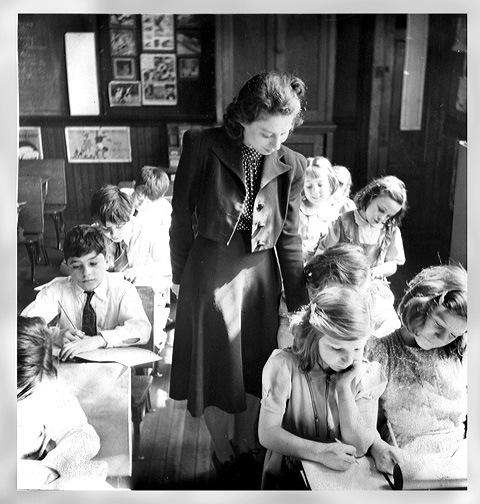
The Christmas holidays marked the end of my first full term of teaching. It’s hard to believe that I have now been in the classroom for four months. When I started in September, I couldn’t even imagine getting through the first week, let alone the first term. There has been so much to learn; not just about how to plan and deliver lessons, but also how to build relationships with students, assess students, sequence learning, manage behavior and liaise with parents. I’ve also had to learn to be self reflective in a positive way. At first I would feel disappointed in myself when things went wrong, but now I can take a step back and recognize that I am learning a whole new career and expecting myself to get everything right within a matter of weeks is ridiculous. I see mistakes as opportunities to learn rather than reasons to beat myself up, and while I do sometimes have my moments of feeling utterly useless, I spend the majority of my time marvelling at how much I have learned in such a short space of time. When I think back to the lessons I delivered in my first half term and compare them to the lessons I have taught in my second half term, I am so proud of how much I have developed and how much more sophisticated my methods of teaching are. What other job could provide so many opportunities for progression in such a short space of time?
I think in this past half term, the most important development in my practice has been in learning to hand over the reins to my students. When I was at school, the majority of talking was done by the teacher. Some lessons, particularly as I moved higher up the school, were more like university lectures, with students just listening and making notes. Opportunities to think for myself were few and far between. Nowadays, things are different. In some schools, teachers are known as ‘facilitators’. Their role is to provide the framework for learning and leave the rest up to the children they teach. This method requires students to work things out for themselves and structure their own learning. They decide what they want to achieve and it’s their job to ensure they reach their goal by the end of the lesson. The teacher is the last port of call; students have to exhaust all other methods of finding an answer (asking friends, consulting reference books, etc) before they can ask for advice.
While I don’t like the idea of teachers being just facilitators (otherwise surely anyone could be supervising the students, rather than a trained professional!), I do think that the theory behind this method is brilliant. If children are going to be adequately prepared for adult life, they need to be able to think creatively and reflectively. Education is not just about regurgitating facts to pass exams, but about equipping people with the knowledge they need to succeed outside of the safe walls of school. I have started providing opportunities for independent learning in lessons, but I know I need to push this even further. I’ve decided to stop setting the targets for my KS4 lessons and from now on I’m going to ask my students to set their own. I want them to think more deeply about what they actually want to learn and how they can go about learning it. As my lesson won’t be geared towards meeting any specific targets apart from the overarching lesson objective, my students will have to take responsibility for themselves and find a way to meet their own targets if there isn’t an obvious opportunity for them to do so within the boundaries of the activities I have set. I’m really excited to see how this will go down. It could be spectacular or it could be a disaster; only time will tell!
Aside from independent learning, my other aim for this coming term is to brush up my Shakespeare. I will be starting to teach several plays to various classes soon and I’m terrified. I studied most of the plays at university, but it’s been about 6 years since I read a line of Shakespeare and I can’t remember a thing. Sacrilege, I know, but I’ve never quite managed to find the magic so many people rave about in Shakespeare, and my enthusiasm for him, as well as the period of history he lived in is, frankly, low. All I remember from my days of studying Shakespeare is tedium and anxious checking of glossaries, but I certainly don’t want my students to have the same experience. In order to inspire them, I need to get myself inspired. I’ve started to re-read the texts I’m teaching, and I’ve got a biography that is making me feel vaguely interested in the period, but I’m still waiting to be bowled over. Does anyone have any suggestions to show me the way to the light?!
